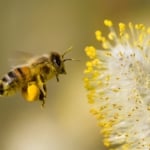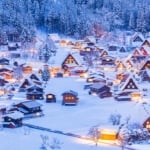Winter Food Myths You Should Stop Believing
You've most likely heard these pearls of "wisdom" over the years, but are they true? We bust the myths!
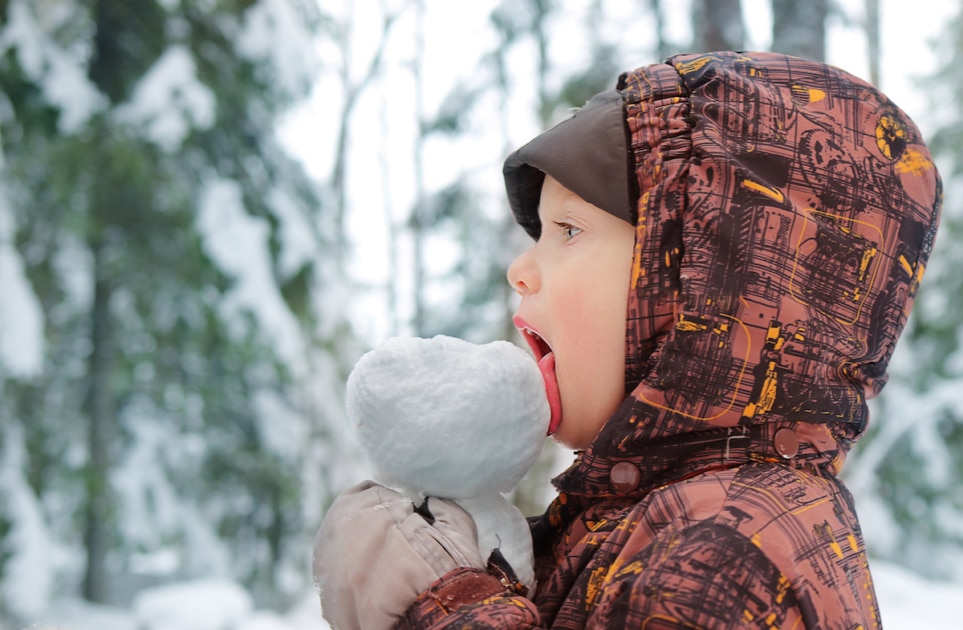
From the clothes we wear to the events we attend, we plan nearly every minute of our lives according to the weather. But what about allowing weather to dictate your eating habits? Here are a few sayings you may have heard—and yes, they should be taken with a grain of salt!
Winter Food Myths You Should Stop Believing
Myth 1: If you’re stranded without water in winter, you should eat snow.
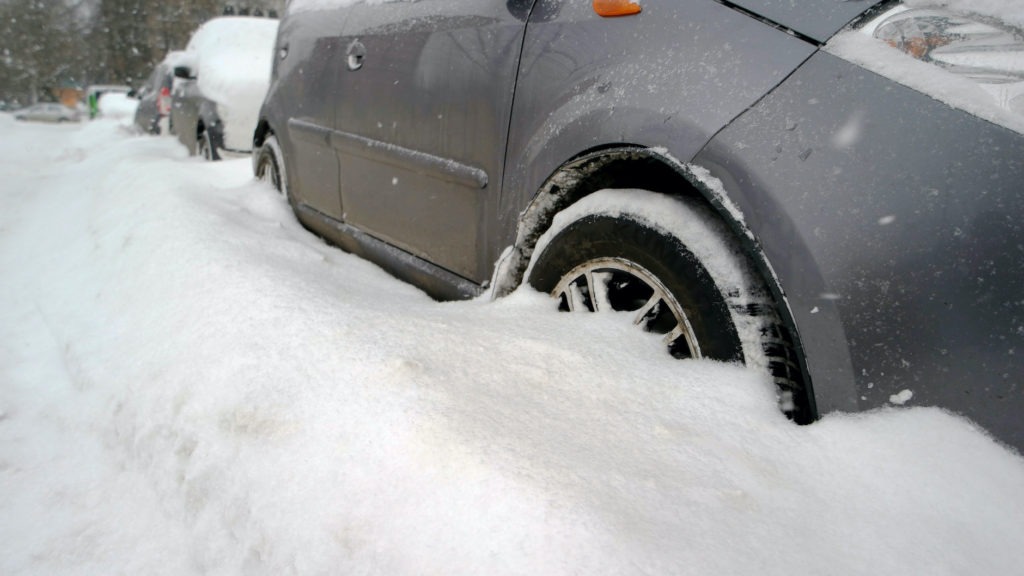
Sure, snow is a great source of water and it’s pretty cool to catch on your tongue. However, consuming snow in the wrong way during an emergency situation can actually be very dangerous for your life.
Eating snow can cause your body temperature to drop as your body needs to expend heat energy to melt the snow into liquid water once you consume it. This can lead to hypothermia, where the body temperature falls below 95 degrees. To avoid this risk, it is important to melt fresh snow over a fire, a candle flame, or in sunlight before drinking it. (And yes, the same precaution applies to eating icicles.)
Myth 2: A coffee or hot toddy is the best winter warm-up drink
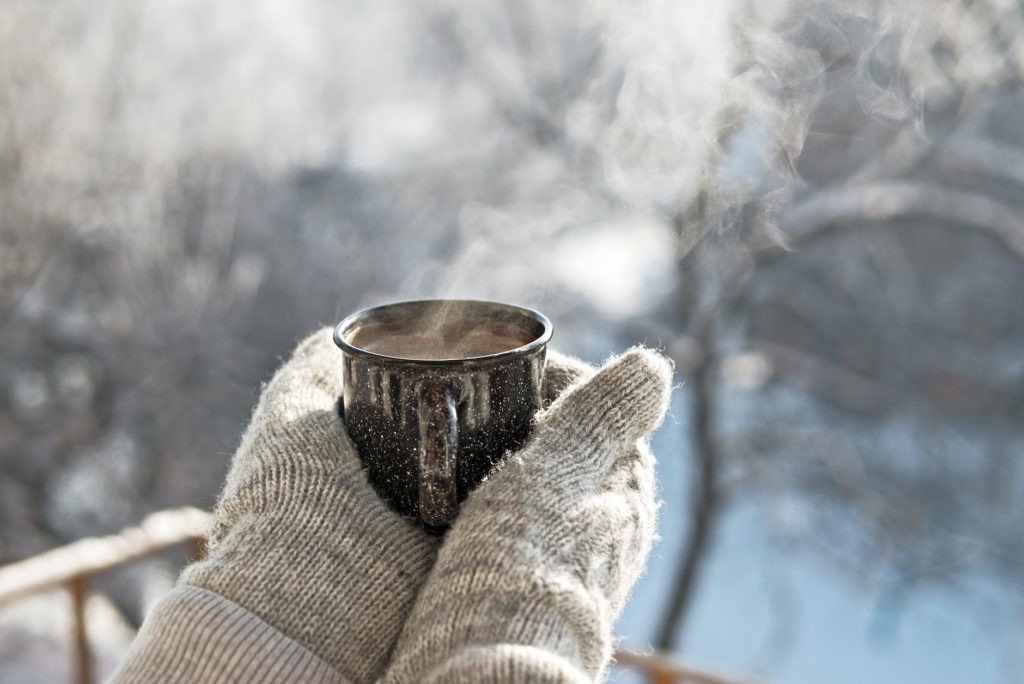
Hot beverages like hot coffee, mulled wine, and hot buttered rum are the perfect remedies for winter’s chill. However, it’s important to be mindful of the potential effects they can have on our bodies. Caffeine and alcohol, found in these drinks, can actually cause more frequent urination, resulting in the loss of fluids from our bodies. This can increase the risk of dehydration, especially when combined with the dry, moisture-zapping cold air outside. So, before you venture into the wintry outdoors after enjoying a hot toddy, remember to hydrate yourself with a refreshing glass of water.
Here’s one you can believe: Cold weather makes us crave carbs
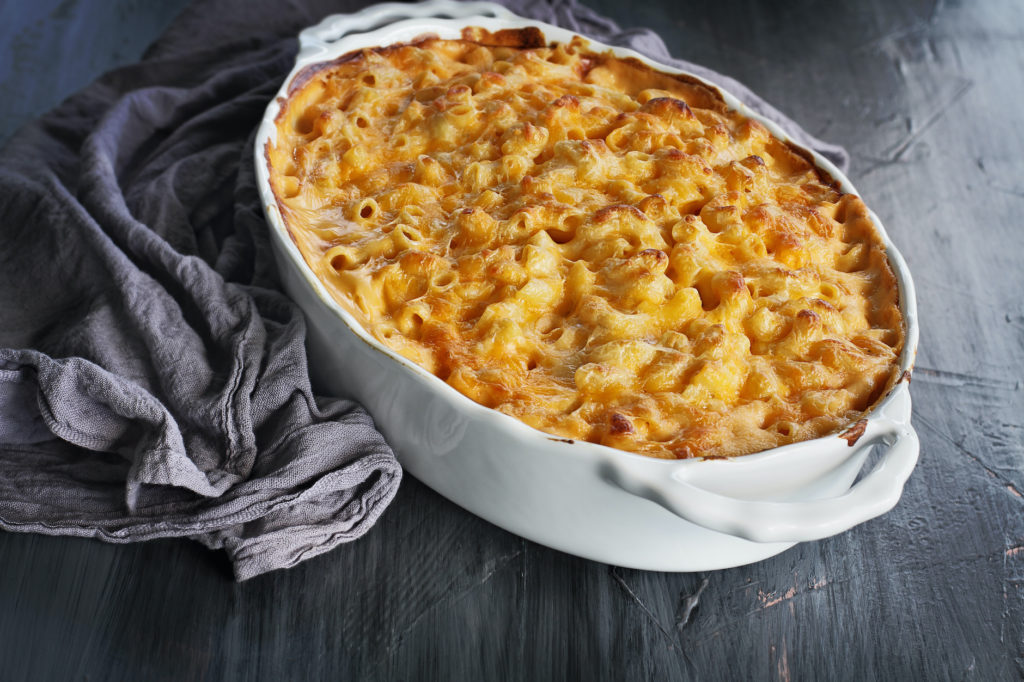
Fact: Whether it’s because our bodies need more energy to battle the bitter cold or because we’re simply around more food during the festive winter months, those comfort food carbohydrates are eaten more frequently during the cold season. Since carbs are harder to digest, our bodies must work harder to process them, which in turn makes us feel warmer.
There’s also another reason for craving carbs when the weather turns cold: carbs can boost serotonin—the “happy” hormone that we tend to have less of in winter, thanks to weaker sunlight.
So, the next time you crave macaroni and cheese when the mercury dips, don’t feel guilty, fuel up!
Bonus Food Myth/Truth – With a Warm Weather Twist: Wait an hour after eating before you swim.
Fact: Did you mom tell you not to swim on a full stomach? Well that advice wasn’t meant to test your patience, even though ti may have felt like it, but it was meant to teach water safety.
After eating, your bodies diver extra blood flow toward our guts to aid in digestion. This redistribution leaves poorer circulation in other parts of your body, including the arms, lets, hands, and feed. Poor circulation can trigger that “pins and needles” sensation as well as muscle cramping. And if your arm or leg muscles cramp while swimming, it could make floating and maneuvering in the water more of a chore. If you do a cannonball into the pool right after eating you won’t sink to the bottom and drown. But waiting at least 30 minutes could save you from an uncomfortable swim.
Related:
5 Organic Food Myths You Might Not Know

Tiffany Means
Tiffany Means is a freelance writer and a degreed meteorologist. She specializes in weather forecasting and enjoys making the subject of weather (and the science behind it) more relatable. She currently resides in the Blue Ridge Mountains of North Carolina.


